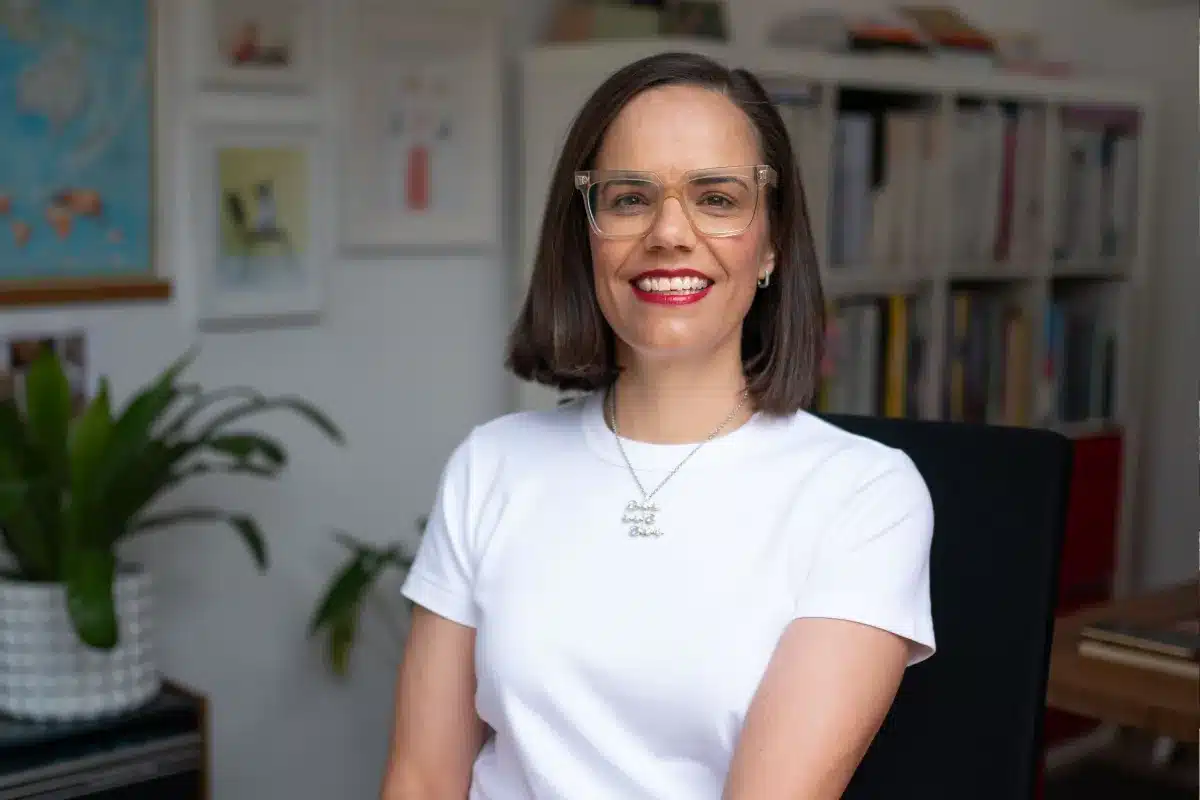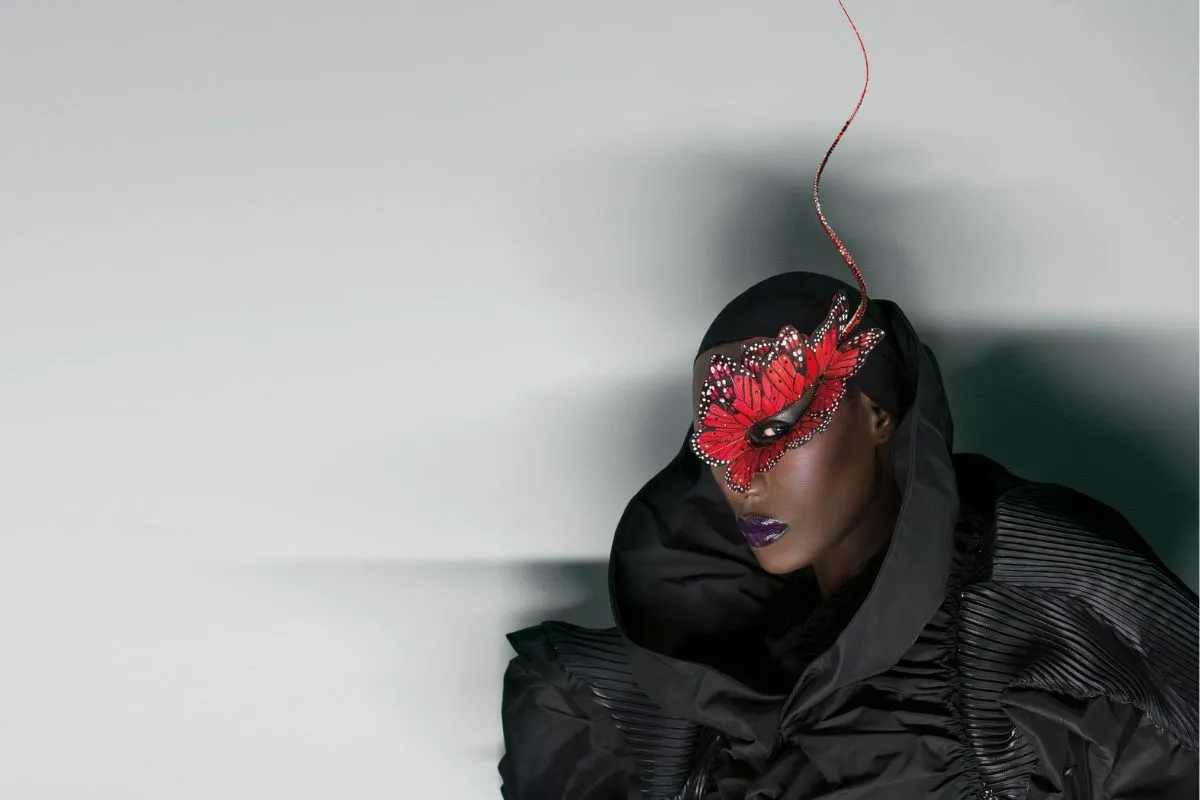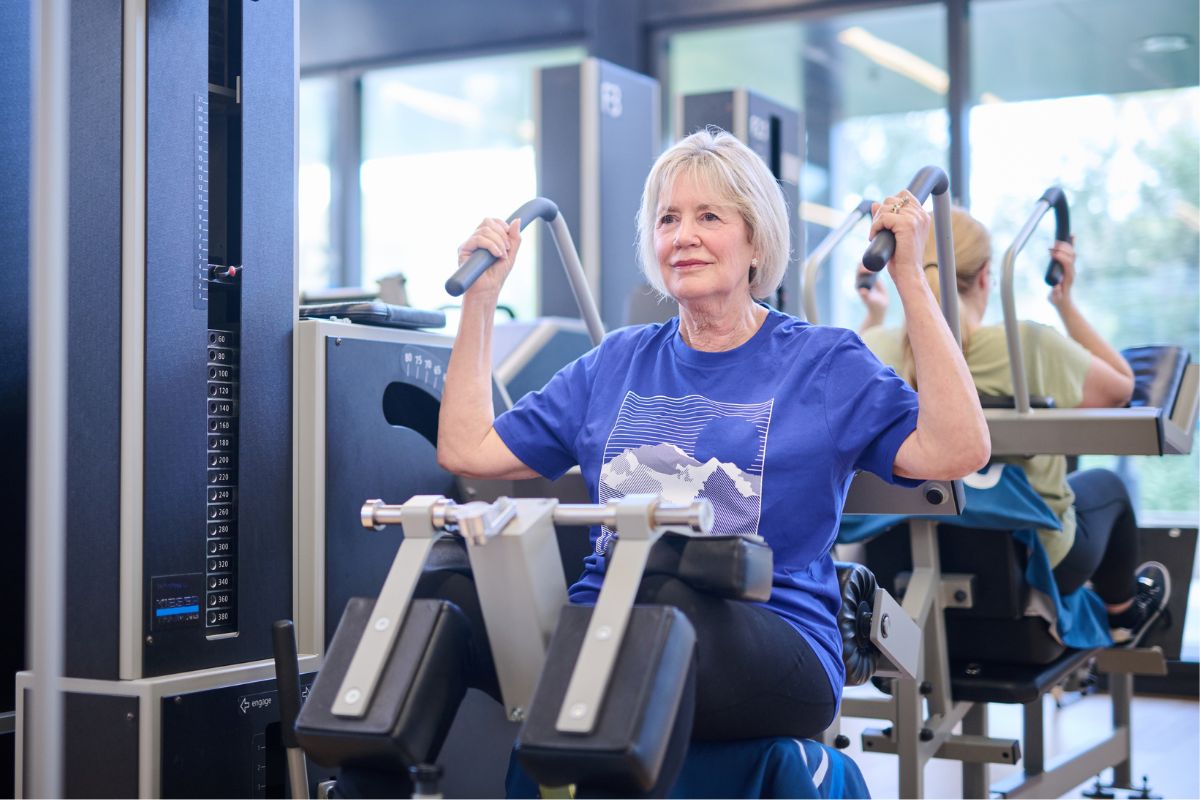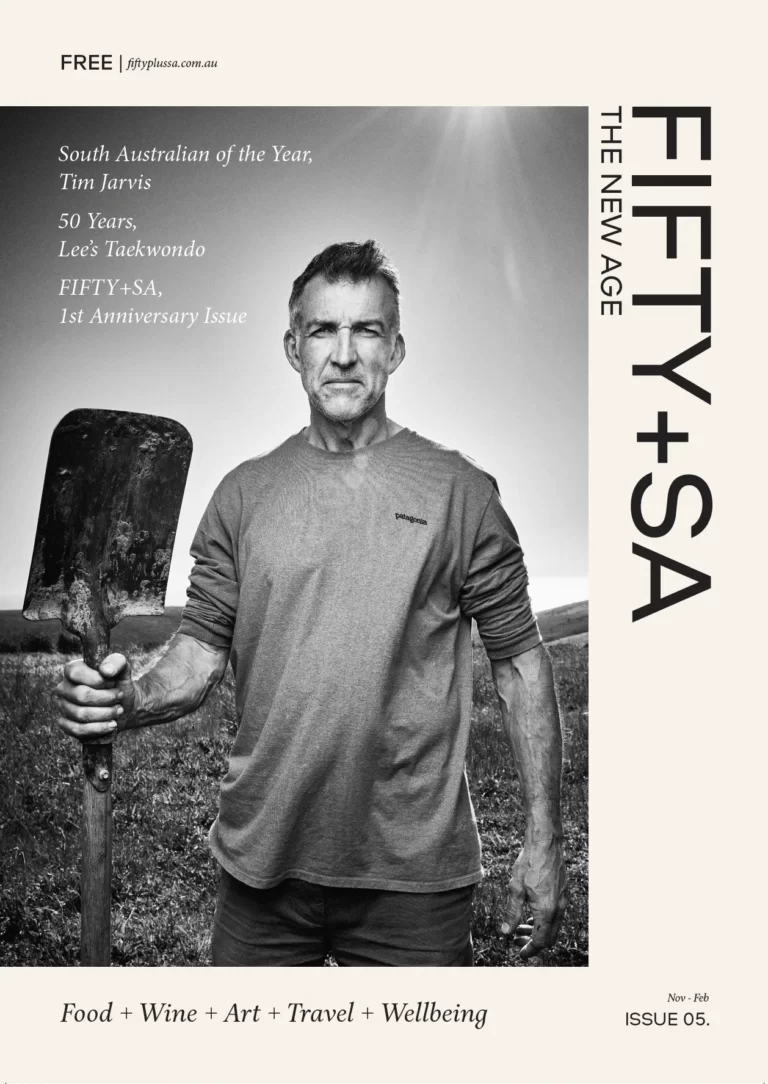Interview by Olivia Williams
With Australia leading the way as the first country to launch a national inquiry into menopause, Megan hopes the film will spark a wider conversation and empower women to reclaim their health, careers, and confidence. We spoke with Megan about the film’s impact, the myths she wants to bust, and what still needs to change.
For those who haven’t seen The M Factor, can you tell us what the documentary is about and why it’s so important?
The documentary’s main purpose is to highlight the silence around menopause. It sheds light on the struggles that 1.3 billion women worldwide face—things like lost wages, career disruption, and family upheaval. The film confronts the neglected menopause crisis, challenging societal and medical shortcomings, and advocates for a more prepared, supportive approach to women’s health, especially in America.
How do you hope this documentary will shift the conversation around menopause in Australia?
Thankfully, the conversation is shifting. Australia is the first country to launch a national inquiry into menopause—an incredible milestone. And with Labor’s recent pledge of $573 million for women’s health, including subsidies for menopause treatments, we’re making real progress.
More women are beginning to realise that menopause isn’t something to hide or be ashamed of. It’s a natural phase, and it’s time we start talking openly about it to get the support we need. The documentary will reinforce that menopause should be taken seriously. With the right support, future generations of women won’t just survive menopause—they’ll thrive.
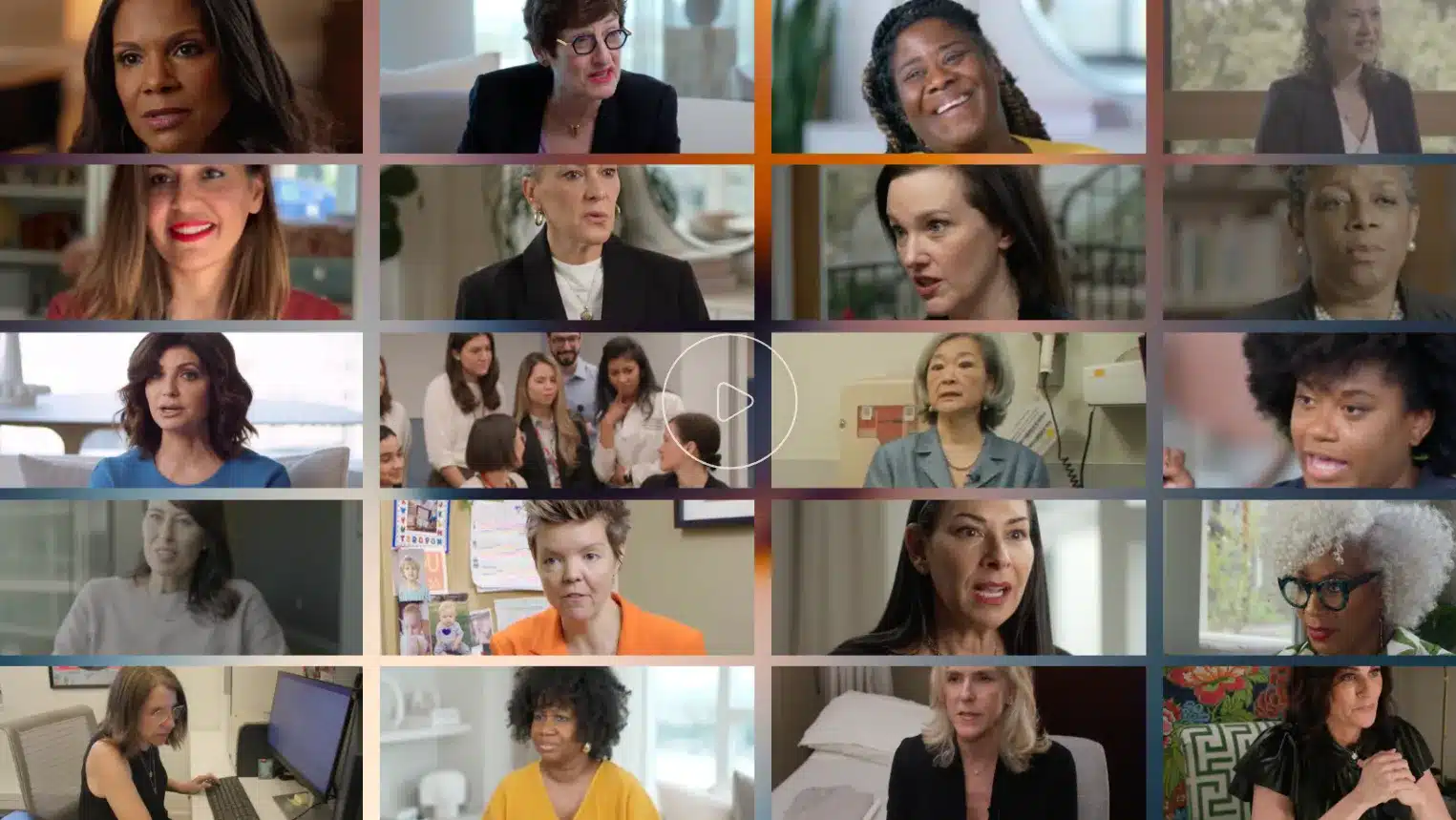
You’ve been vocal about the link between menopause and economic instability. What needs to change to better support women during this transition?
We need to raise awareness about the challenges women face in the workplace. Currently, 27% of women retire early before 55, and 17% take extended breaks from work between ages 45-64, which has significant financial consequences. Many women also face challenges like divorce and domestic violence during this time, which can further disrupt their careers.
The conversation around menopause needs to move beyond just hot flushes—there are around 44 symptoms, many of which can be debilitating in the workplace.
With more women aged 45-55 staying in the workforce, organisations need to implement mandatory menopause training. This would help raise awareness of the symptoms and create a more supportive work environment.
Employers must take responsibility for creating a safe and flexible environment. Many women just need flexibility to manage symptoms discreetly. Training and awareness should be part of workplace policies and could start with small efforts, like a 45-minute session on menopause.
What do you think the impact of the federal government’s $573 million pledge for women’s health will be, and what more needs to be done?
The federal government’s pledge will make healthcare more accessible and equitable by improving doctor training on menopause and female health conditions. It will also allow for better coordination of care and more dedicated clinics.
However, we also need more funding for allied and complementary health services. Many women can’t or don’t want to use hormone therapy, and services like physiotherapy or complementary medicine are crucial for managing menopause symptoms. Women’s sexual health also needs more attention—testosterone should be on the PBS, and the cost of IUDs should be the same as a vasectomy.
Another area requiring attention is osteoporosis prevention. DEXA scans are currently only funded for women over 70, but 23% of women over 50 live with osteoporosis. Early testing should be available from age 40 and funded by Medicare to allow for timely intervention.
What has been the biggest challenge in getting people to take menopause more seriously as a workplace and societal issue?
The biggest challenge is getting people to recognise menopause as a legitimate issue. Many women, especially older generations, avoid discussing it at work out of fear of being perceived differently. This stigma keeps the conversation hushed and prevents proper support.
Menopause symptoms can affect job performance and job satisfaction, but workplaces are often still structured around the traditional 9-5 model, which doesn’t account for women’s needs during this stage of life. Employers assume menopause training requires a large-scale program, but it can start small—something like a 45-minute lunch-and-learn session can open the conversation.
Ongoing awareness is key. We need to normalise the conversation by including menopause education in onboarding processes, making it part of the workplace culture.
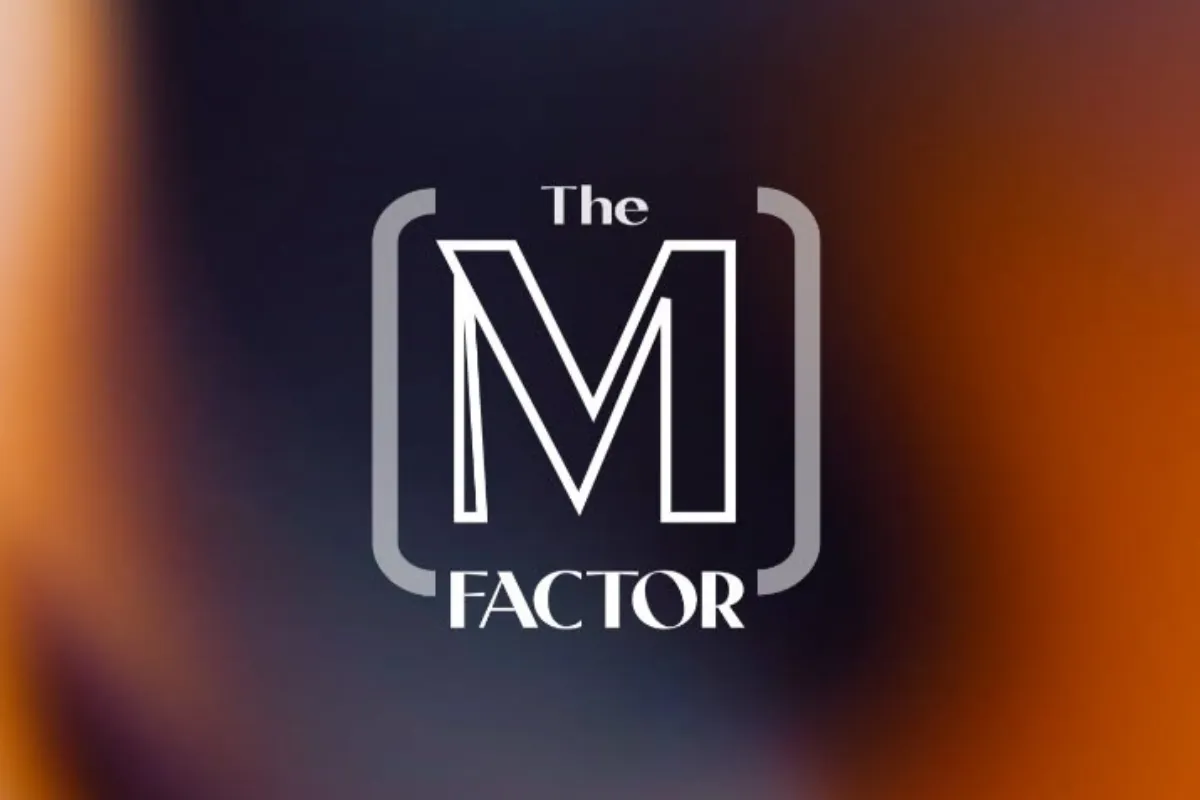
You’ve talked about the stigma and misinformation surrounding menopause. What are some of the biggest myths you’d like to bust?
“You are too young!”
I’ve heard this many times, and it just adds to the feeling that something is wrong with me. The average age for menopause is 51, but perimenopause can start as early as 39, particularly for women with a history of stress, trauma, or medical issues.
“Menopause means your life is over!”
Absolutely not! Menopause simply means you’re no longer reproductive. It doesn’t mean you’ve reached your ‘used by date.’ In fact, menopause can be empowering. Certain whales are the only non-domesticated mammals with a post-reproductive stage, and they play vital roles in their communities. Like them, women at this stage have so much to offer.
“You’re just crazy, hormonal, and emotional.”
The idea that menopause makes women ‘crazy’ is a harmful stereotype. If you’re not sleeping, juggling work and caregiving, dealing with painful periods, and experiencing symptoms like body pain and migraines, it’s no wonder you might feel overwhelmed. It’s not ‘hormonal’—it’s a lack of support and recognition.
What role does Mimi Moon Meno play in supporting women through menopause?
Through Mimi Moon Meno, I lead workshops for organisations, empowering women to reclaim their health during menopause. I’ve developed a program, Menopause: An Essential Guide for Workplace Support, which helps employers understand menopause and create a supportive work environment.
I also offer individual support through Shout! Sessions, where I help women navigate specific challenges and set goals for managing their menopause journey. These sessions are all about providing tailored strategies and advice to help women manage their symptoms and get the care they need.
I continue to advocate for change, raising issues with our leaders to enhance support for women going through menopause.

